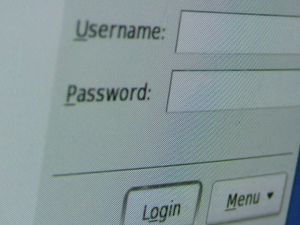Everyone is at risk of being hacked. There is no fool-proof way to prevent your accounts from being accessed by individuals who should not have your information. The best way to protect your account is to create a strategy and always be aware of the information that is sent out from those accounts. When it comes to social media - word spreads fast. If you are hacked, it is almost guaranteed that everyone will know about it, see the information that is posted and possibly respond to it before you can even halt the posting. This is an unfortunate occurrence but don't fret - you can fix this. As long as you move quickly and have a crisis management plan in place. 
What is a crisis management plan? Every large organization or business should have one. [Check out our blog on crisis management plans and how to start one.]
First, establish a password that is not easily "guessed". Rather than using a common word or name, use a phrase. Maybe add in a number of punctuation to make it more unique. You could have several different types of hackers; what many would call 'professional hackers', disgruntled ex-employees or activist groups who may disagree with what you stand for and take action. Make sure you are prepared for any form of hacking.
Do a complete reset of all your passwords every year. Employees come and go, more often at some places than others. Changing your passwords might be a good idea, especially if there was a disgruntled employee who left abruptly and wanted to take a "swift kick" at your company's reputation. Get a little creative with some of your passwords but try not to relate to your business too much. You don't want it to be easy for someone to guess the password.
Don't stay logged into accounts. Log out and log in each time you want to use the account - leaving the account logged in gives a hacker a greater chance of gaining access.
Limit the number of people who know the passwords for your accounts. If a select few people know the passwords, the risk of hacking will remain small. In general more than 3-4 people knowing passwords for social media is sufficient. Maintaining a consistent "voice" on all social media accounts is always best.
We have seen several well known companies fall victim to social media hacking. The most recent events, Jeep and Burger King, were hacked by what looks like the same hacker(s). The changed bio sentences were very similar, both stating that they were sold to their competitors. More similarities showed up in tweets and the way they were written. The LulzSec group took responsibility for the hacking of the Burger King twitter account - the LulzSec group is affiliated with Anonymous, another notorious hacking group.
Do you have plans in case your accounts are hacked?
What are you doing to keep your social media accounts protected?
Comments